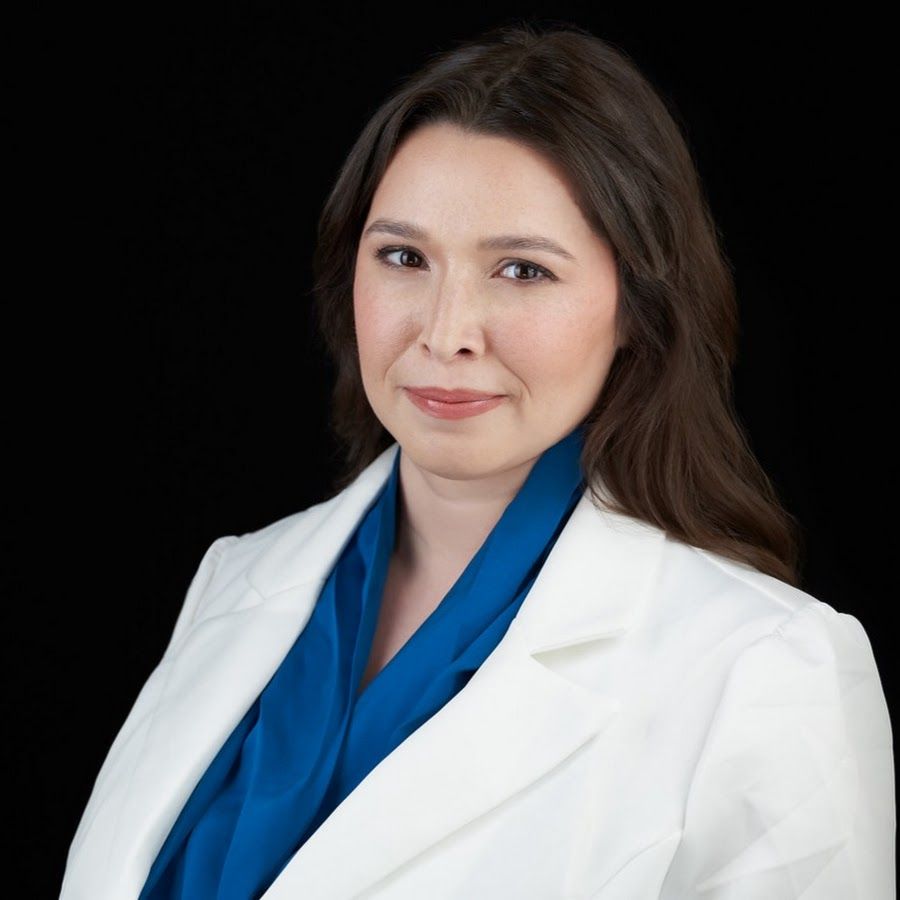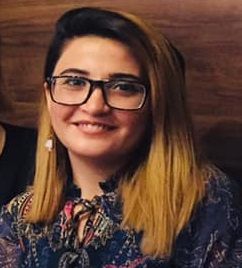Azerbaijan, World Bank enter new phase of partnership strategy [COMMENTARY]
![Azerbaijan, World Bank enter new phase of partnership strategy [COMMENTARY]](https://www.azernews.az/media/2024/07/17/62212d16-3a3f-3eec-be2f-fcc938374e9e_850.jpg)
Azerbaijan's collaboration with the World Bank, spanning over two decades, continues to evolve with new strategies. With a focus on various sectors, the World Bank has committed $4 billion in guaranteed loans across Azerbaijan, completing 51 out of 54 projects totaling $3.6 billion. As discussions proceed, the World Bank's Board of Directors aims to approve a new partnership strategy for 2025-2029 by the end of October. This strategy aims to support Azerbaijan's goals in transitioning to a "green" economy and expanding renewable energy sources, alongside enhancing employment opportunities and workforce skills.
Speaking about the major successes and challenges of the projects funded by the World Bank in Azerbaijan thus far, the US-based expert, and national security analyst, Irina Tsukerman told Azernews that the Agricultural Competitiveness Improvement Project (ACIP) enhanced seed quality, plant and animal health, supply chains, and access to finance for 6,381 Azerbaijani farmers.

"ACIPs helped boost output by an average of 69.5% for the 60% of agribusinesses that showed the most improvement. This success has generated income for the rural poor and is providing support to a viable non-oil economic pillar for the country. However, the project has been challenged by Azerbaijan's dependency on oil. When the ACIP was appraised in 2013, agriculture employed 40% of the Azerbaijani workforce—more than any other industry—but only contributed 5% of GDP. This underperformance was caused by challenges such as a lack of improved seeds and productive livestock breeds, outdated processing technologies, a market structure that did not encourage long-term investment and planning, and limited access to funding. Ratings for the Judicial Modernization Project for Azerbaijan were as follows: outcomes were unsatisfactory, the risk to development outcome was low or negligible, the Bank performance was moderately satisfactory, and the Borrower performance was moderately satisfactory. Some lessons learned included: Monitoring and Evaluation (M&E) arrangements need to closely follow the key project activities if target values are expected to be met and attributed to the project. Consistent and timely monitoring is then necessary throughout the project cycle. Restructuring documentation should be reviewed holistically and for internal consistency to prevent situations where, for example, the results framework retains elements that are no longer funded due to reallocations between components. Preliminary results and outcomes should be used and applied on a continued basis to further inform project design and activities. The development objective of the Regional Connectivity and Development Project for Azerbaijan is to provide safe, efficient, and climate-resilient transport connectivity and improve market accessibility along the Salyan-Bilasuvar road corridor. "
According to her, this project has four components.
"The first component, Road Connectivity, has the following sub-components: (i) Regional Road Rehabilitation; and (ii) Construction Supervision. The second component, Road Sector Sustainability, has the following sub-components: (i) Road Network Management Systems; and (ii) Develop Systems for Road User Charging (RUC) and Prevention of Overloading. The third component, Local Development and Logistics, has the following sub-components: (i) Develop Road-side Logistics and Market Facilities; and (ii) Advisory and Training Initiatives. The fourth component, Project Management and Impacts, has the following sub-components: (i) Support for Project Management; and (ii) Results Measurement and Impact Assessment. This project was initially challenged by the occupation of Garabagh and the closure of roads and corridors, as well as by energy-related challenges. However, the liberation of the Armenian-occupied territories is contributing to significantly increased connectivity including the building of smart cities and the implementation or discussion of the opening roads and corridors such as Lachin and Zangazur. Currently, Azerbaijan is participating in several internal connectivity projects as well as external projects with various other countries."
Touching on the main objectives of the World Bank's new partnership strategy for Azerbaijan covering 2025-2029, Irina Tsukerman noted that the new partnership is designed to support Azerbaijan's goals in overcoming COVID-related economic obstacles, providing an effective pathway away from oil dependency and towards a green energy transition, and facilitating a green economy.
"That includes the expansion of Azerbaijan's employment support program: The World Bank plans to allocate an additional 150 million USD to this program, which aims to promote job creation and improve the skills of the workforce. The second project envisages the expansion of the use of renewable energy sources (AZURE). As part of this project, the Bank plans to allocate 250 million US dollars to support Azerbaijan's transition to a "green" economy through the development of wind and solar energy, according to preliminary estimates."
As for how the World Bank's allocated 4 billion USD in guaranteed loans for Azerbaijan have been utilized across different sectors, she emphasized that these loans included US$100 million, supporting the Judicial Services and Smart Infrastructure Project (JSSIP).
"This project builds on the past Judicial Modernization Project and aims at improved access, transparency, and efficiency of selected judicial services. The second loan, for US$50 million, was an Additional Financing for the ongoing Azerbaijan Rural Investment Project (AzRIP), which helped rural communities in Azerbaijan improve their well-being by supporting small-scale infrastructure and income-generating activities, targeting over 1400 villages. A US$47.1 million loan from the World Bank to Azerbaijan went as financing for the Integrated Solid Waste Management Project. Most of the budget went to projects in the areas of transport, social protection, water supply and irrigation, agriculture, ecology, justice, and more recently smart infrastructure, and green energy and climate change-related projects. The connectivity projects included the building of roads in various areas. Other loans include rapid technical assistance projects and educational projects aimed at skill-building for vulnerable populations as well as to improve civic engagement. This also includes the education and health facilities building, potable water, drainage, and tertiary irrigation in support of local economic activities."
The expert added that the World Bank Group uses evaluations to assess its performance and results, providing feedback at multiple levels: (a) to inform strategies, corporate processes, and managerial decisions; (b) to shape sectoral, thematic, and country partnership strategies and programs; and (c) to enhance the design and implementation of lending, investment, advisory, and knowledge services at project and operational levels.
"Evaluation within the World Bank Group encompasses various types, processes, and roles across its institutions, evolving to meet organizational needs and client requirements. It distinguishes among three main evaluation modalities: independent evaluation, mandatory self-evaluation, and demand-driven self-evaluation.
Independent evaluations, conducted by the Independent Evaluation Group (IEG), are fully independent and focus on accountability and learning. They report directly to the Boards and target audiences include management, staff, clients, and development partners.
Mandatory self-evaluations are conducted by operational units within the World Bank, IFC, and MIGA, closely linked to decision-making and organizational learning processes. These evaluations are embedded in project cycles and validated by IEG to ensure behavioral independence.
Demand-driven self-evaluations respond to specific demands from donors, clients, or internal initiatives, often managed or commissioned externally but embedded within managerial processes with behavioral independence.
Overall, these evaluation systems help the World Bank Group monitor and improve performance across sectors, regions, and corporate levels, informing decision-making and enhancing development outcomes."
According to the expert who talked about the future cooperation between Azerbaijan and the World Bank mentioned that the areas for cooperation under discussion include future additional energy projects, employment support to address the access of the developing communities to small businesses, social protection, technology, and innovation, and additional skill building and social reform projects.
"Most of the support is aimed at funding and strengthening alternative energy solutions, research & development, and implementation of green energy projects such as smart cities, particularly in the areas of reconstruction of Garabagh or rebuilding areas of cities which suffered damage from the war or otherwise require extensive renovation," I.Tsukerman concluded.
---
Follow us on Twitter @AzerNewsAz
Here we are to serve you with news right now. It does not cost much, but worth your attention.
Choose to support open, independent, quality journalism and subscribe on a monthly basis.
By subscribing to our online newspaper, you can have full digital access to all news, analysis, and much more.
You can also follow AzerNEWS on Twitter @AzerNewsAz or Facebook @AzerNewsNewspaper
Thank you!

